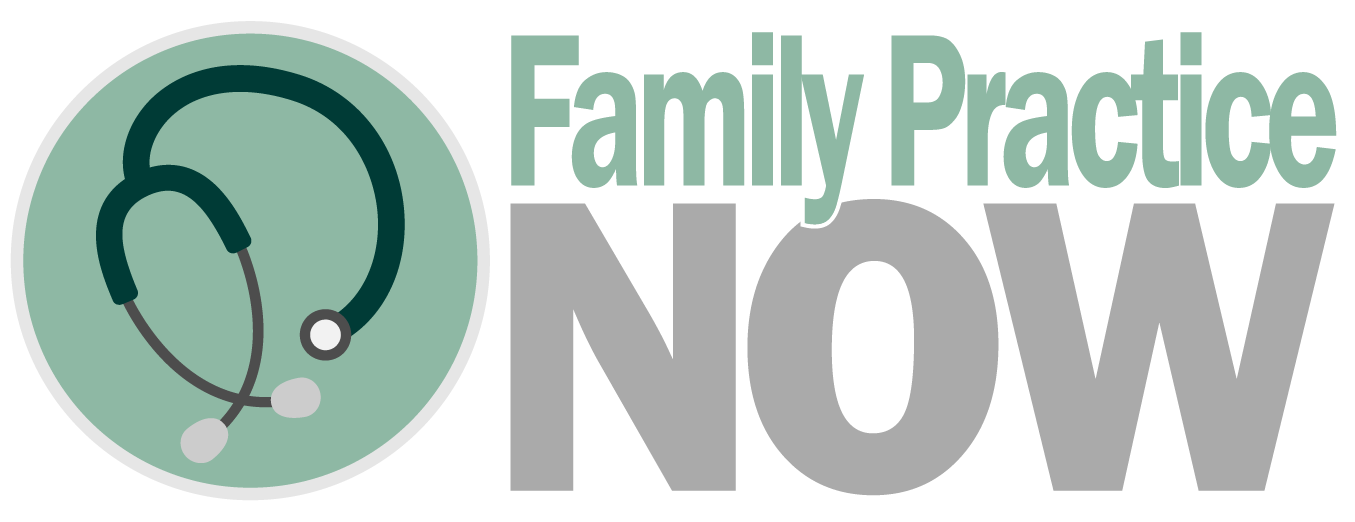Premier - Local Family Doctor
-
Concussion
Concussion symptoms typically fall into three main categories: cognitive, physical, and emotional symptoms. It is important to note that these symptoms can vary from person to person and may not always manifest immediately after the impact.
-
The Short and Long Term Symptoms of a Concussion









